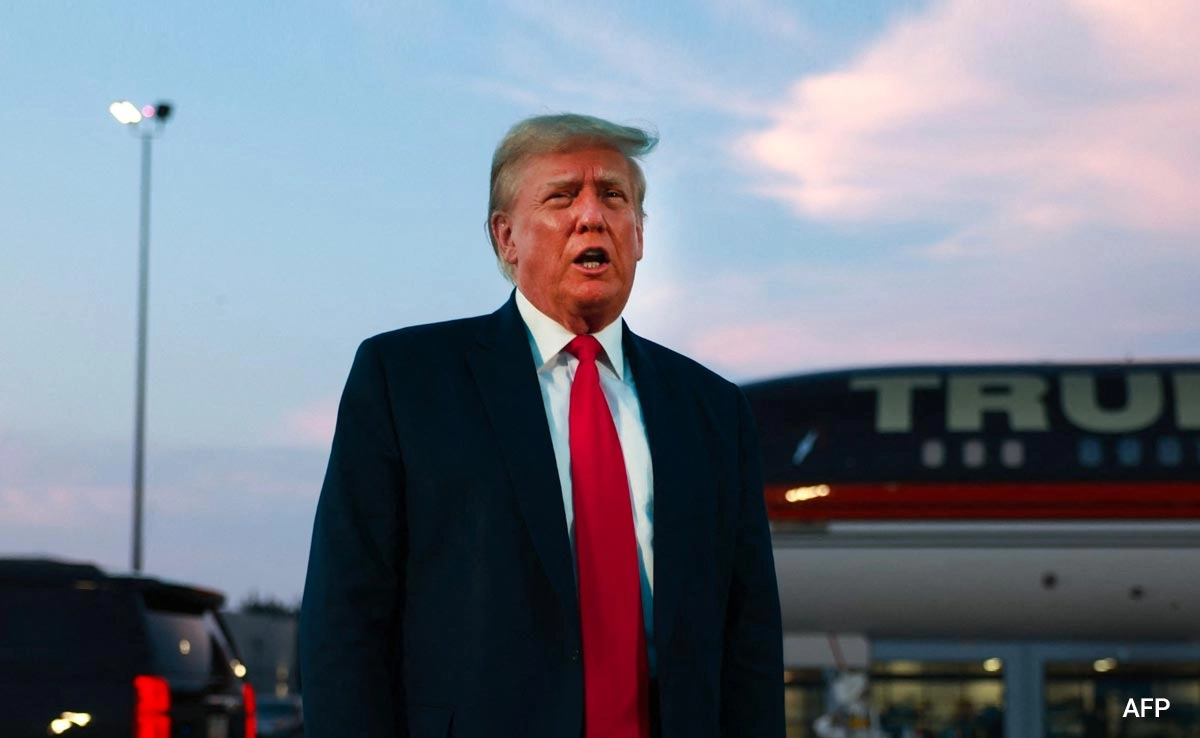In a recent statement addressing the economic implications of the United States’ trade policies, Brazilian President Luiz Inácio Lula da Silva emphasized Brazil’s stance on maintaining its sovereignty in international affairs. Lula’s remarks were particularly directed at former President Donald Trump’s suggestion of imposing 50% tariffs on Brazilian goods, a move that could significantly impact Brazil’s economy. Lula made it clear that his administration would not tolerate any form of tutelage imposed by foreign powers, asserting that Brazil would make decisions based on its own national interests rather than succumbing to external pressures.
The former U.S. President’s proposed tariffs are part of a broader trend of protectionism that has been observed in various countries, raising concerns about global trade relations. Lula’s response reflects a commitment to uphold Brazil’s autonomy in the face of such challenges. He articulated that Brazil is capable of navigating its own economic policies without outside interference. By rejecting the idea of tutelage, Lula aims to reassure both domestic and international stakeholders that Brazil will pursue its own path in global trade, fostering an environment of independence and resilience.
Furthermore, Lula’s comments underscore the growing importance of self-sufficiency and local production in Brazil’s economic strategy. The Brazilian government is focusing on strengthening its internal markets and diversifying its trade partnerships, which would mitigate the risks associated with reliance on any single economy. This approach not only seeks to protect Brazilian industries from potential economic shocks due to external tariffs but also aims to position Brazil as a key player in the global market. In rejecting Trump’s tariff proposals, Lula is also rallying support from other nations that may face similar threats, promoting a collective stance against unilateral trade measures that could destabilize the global economy.
In conclusion, Lula’s firm declaration against foreign tutelage highlights the broader implications of international trade policies and their effects on national sovereignty. As countries increasingly grapple with protectionist measures, Brazil’s position may serve as a crucial reminder of the importance of self-determination in economic affairs. Lula’s leadership reflects a vision of a robust Brazil that stands firm in its convictions while engaging with the global economy on its own terms, fostering a sense of national pride and independence amid the challenges of modern trade dynamics.




